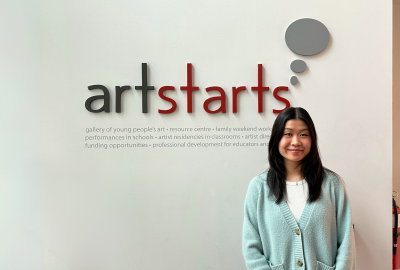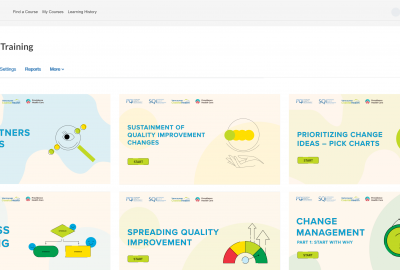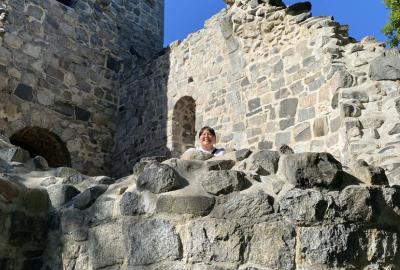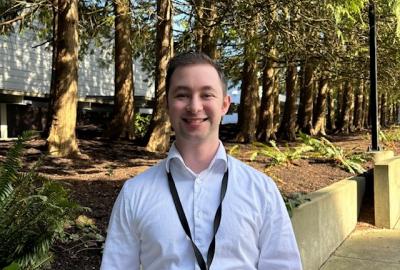
I still remember the time I was anxiously waiting for my visa. It was the day of Raksha-bandhan (an Indian festival which involves the tying of a sacred thread by a sister on her brother's wrist). It was a typical Bollywood movie scene when the postman showed up with my passport stamped with a 4 year Canadian visa. Talk about a reason to party, well coming from a Punjabi family we hardly need a reason to party but if there was ever a decent one, this was it.
After a night of ample drinking and eating and drinking some more, I was ready the next day to be the most prepared International student, ever in history, or so I thought. Well long story short, with a pair of my favorite jeans, my Calvin Klein shirts, the stylish converse shoes and the best leather jackets the town had to offer and my brand new Nokia N series cell phone (trust me I-phones are not that big my side of the globe) packed in suitcases and an Adidas sports bag I was ready for a new phase in my life. And so it was when I arrived at YVR, I was so elated and thanked the lord for a long and tiring journey but I couldn't look towards the sky as I usually would because it was raining. Looking back I think that must have been some sort of an omen of the things to come.
International Student Orientation was quite amazing but I must confess I never saw any of those guys ever again. However, living on campus for the first semester was indeed a wise choice but taking a full course load was probably not. To make matters worse, the accent of my Chinese professor was as hard to understand as the campus maps. I'm still thankful to the T.A for getting me through that course. But no matter how hard you have tried, how good you were in your studies back home, it would still take a little more time than you think to learn the savoir-faire of studying in another country. For instance, if you have the option to reduce your course load during the first semester, you may as well do so unless of course you are Sheldon Cooper (Ever heard of The Big Bang Theory on CTV, Google it!) and are writing you PhD thesis at 16. Also, if you are going for a second degree, or if you are switching fields and want to get some of the courses waived, you are still better off taking the pre requisite courses first, even if you feel you have studied everything the syllabus outlined. It helps you get into the study mode and refreshes everything you previously studied and gives you an idea of how to go about classes here.
Last but not the least, make sure to listen to the advisor as far as outlining your "total credit & requisites to graduate" situation goes but also remember that your peers are a great source of info regarding the courses your unsure about. For instance there are two 300 level business courses (315 & 316) which are hard to get into if you are only a business minor, however these courses are essentially a must take if you are planning a career in Finance or Investments. Similarly the Economics courses (331, 345 & 392) that cater to the curriculum mentioned in the CFA charter exams (If you like wearing expensive suits and telling people not to put all their eggs in one basket!) are not part of the core courses that one takes to graduate with an Econ minor/major.
And even if you end up with fewer courses than what you planned in your blueprint to success, you can alway volunteer or better yet, find a job on campus in case you don't yet have a work permit to work off campus. Remember, you can always extend your study permit but it is still kind of hard to go back in time and put a few decent volunteer ventures or job experiences on your resume before you graduate.
And yes, it does get a bit lonely and boring especially if you are living by yourself and don't feel confident about your English skills. But the only reason that problem exists is because you haven't done anything about it. So don't hold yourself back and get involved with anything to everything that interests you and learn what this new culture has to offer. And perhaps one day you would find yourself in Rogers Arena rooting for Burrows, Sedin and Kessler.
Go Canucks!!!!














